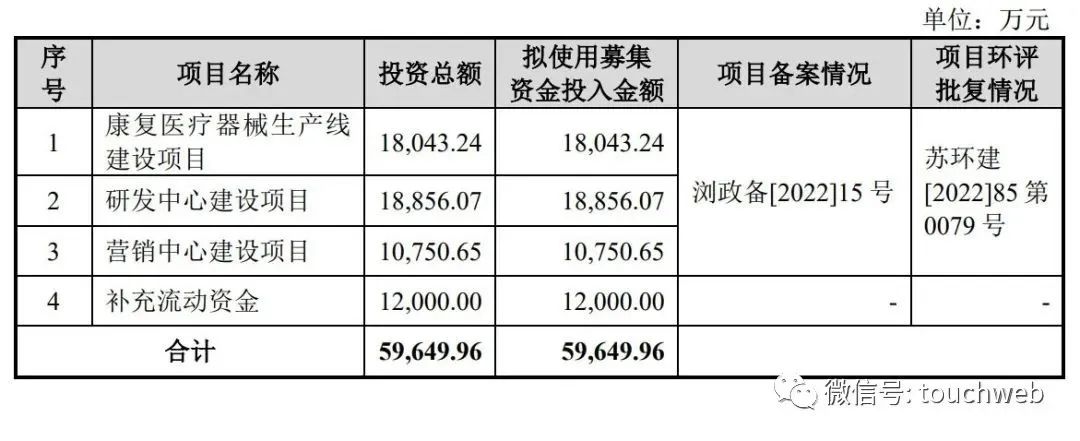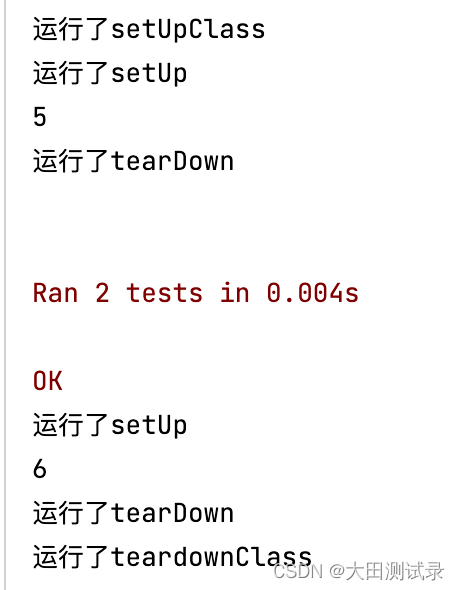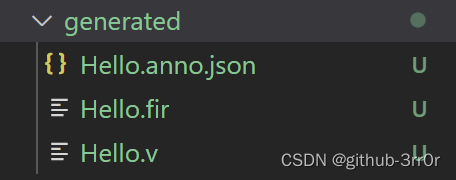from :MongoDB Commonly used 28 Query statements
1、 Check all records
db.userInfo.find();
amount to :
select* from userInfo;
By default, each page displays 20 Bar record , When it doesn't show , It can be used it Iterate the command to query the next page of data . Be careful : type it Orders can't take “;”
But you can set the size of the data displayed on each page , use DBQuery.shellBatchSize= 50; So each page shows 50 The bar is recorded. .
2、 Query the duplicate data of a column in the removed current aggregation set
db.userInfo.distinct("name");
It will filter out name The same data in
amount to :
select distict name from userInfo;
3、 Inquire about age = 22 The record of
db.userInfo.find({"age": 22});
amount to :
select * from userInfo where age = 22;
4、 Inquire about age > 22 The record of
db.userInfo.find({age: {$gt: 22}});
amount to :
select * from userInfo where age > 22;
5、 Inquire about age < 22 The record of
db.userInfo.find({age: {$lt: 22}});
amount to :
select * from userInfo where age < 22;
6、 Inquire about age >= 25 The record of
db.userInfo.find({age: {$gte: 25}});
amount to :
select * from userInfo where age >= 25;
7、 Inquire about age <= 25 The record of
db.userInfo.find({age: {$lte: 25}});
amount to :
select * from userInfo where age <= 25;
8、 Inquire about age >= 23 also age <= 25 Pay attention to the writing style
db.userInfo.find({age: {$gte: 23, $lte: 25}});
amount to :
select * from userInfo where age>=23 and age <= 25;
9、 Inquire about age != 25 The record of
db.userInfo.find({age: {$ne: 25}});
amount to :
select * from userInfo where age != 25;
10、 Inquire about name Contained in the mongo The data of Fuzzy queries are used to search
db.userInfo.find({name: /mongo/});
amount to :
select * from userInfo where name like '%mongo%';
11、 Inquire about name China and Israel mongo At the beginning
db.userInfo.find({name: /^mongo/});
amount to :
select * from userInfo where name like 'mongo%';
12、 Inquire about name China and Israel mongo At the end of the
db.userInfo.find({name: /mongo$/});
amount to :
select * from userInfo where name like ‘%mongo’;
Fuzzy query syntax :{ : /pattern/ }
among options The value can be :
i -- Case insensitive .
m -- matching value There are line breaks in (\n) The circumstances of , Another situation is : Anchors are used in matching rules , The so-called anchor is ^ start , $ ending .
s -- Dot characters are allowed (.) Match all characters , Include line breaks .
x -- Ignore all white space characters .
13、 Query specified column name、age data
db.userInfo.find({}, {name: 1, age: 1});
amount to :
select name, age from userInfo;
Of course name It can also be used. true or false, When used ture And name:1 The effect is the same , If you use false It's to exclude name, Show name Column information other than .
14、 Query specified column name、age data , age > 25
db.userInfo.find({age: {$gt: 25}}, {name: 1, age: 1});
amount to :
select name, age from userInfo where age > 25;
15、 Sort by age 1 Ascending -1 Descending
Ascending :
db.userInfo.find().sort({age: 1});
amount to :
select * from userInfo order by age asc;
Descending :
db.userInfo.find().sort({age: -1});
amount to :
select * from userInfo order by age desc;
17、 Before query 5 Data
db.userInfo.find().limit(5);
amount to :
select * from userInfo limit 5;
18、 Inquire about 10 Data after
db.userInfo.find().skip(10);
19、 The query in 6-10 strip Data between
db.userInfo.find().limit(10).skip(5);
Can be used for pagination ,limit yes pageSize, The first n When the page skip yes (n-1)*pageSize
amount to :
select * from userInfo limit 5,5;
20、and Inquire about name = zhangsan, age = 22 The data of
db.userInfo.find({name: 'zhangsan', age: 22});
amount to :
select * from userInfo where name = 'zhangsan' and age = 22;
21、or Inquire about
db.userInfo.find({$or: [{age: 22}, {age: 25}]});
amount to :
select * from userInfo where age = 22 or age = 25;
Note that brackets are used between multiple conditions [] Surround .
22、in Inquire about
db.userInfo.find({age :{$in:[22,25]}});
amount to :
select * from userInfo where age in (22,25);
23、 Query the number of records in a result set Statistical quantity
db.userInfo.find({age: {$gte: 25}}).count();
amount to :
select count(*) from userInfo where age >= 20;
skip(), limilt(), sort() When the three are put together , The order of execution is first sort(), And then there was skip(), Finally, it shows limit().
24、 Query the data of a certain period ( The time is of date type , Non string type )
db.userInfo.find({createTime:{$gt:ISODate("2020-11-09T00:00:00Z")}});
amount to :
select * from userInfo where createTime> '2020-11-09 00:00:00';
25、 Perform statistical summation on a field in the table
db.userInfo.aggregate({$group:{_id:null,score:{$sum:"$score"}}})
amount to :
SELECT SUM(score) from userInfo;
26、 Calculate the average value of a field in the table
db.userInfo.aggregate({$group:{_id:null,score:{$avg:"$score"}}})
amount to :
SELECT AVG(score) from userInfo;
27、 Sum a field in the specified condition record in the table
db.userInfo.aggregate({$match:{createTime:{$gte:ISODate("2020-11-10T00:00:00Z"),$lt:ISODate("2020-11-11T00:00:00Z")}}},{$group:{_id:null,score:{$sum:"$score"}}})
amount to :
SELECT SUM(score) from userInfo where createTime >= '2020-11-10 00:00:00' and createTime < '2020-11-11 00:00:00';
28、 according to A surface , matching B Table all sets that meet the conditions , For example, according to the user table userInfo In the table userId Field find userAdress A collection of all addresses in the table , among userId Also for the userAdress In the field .
hypothesis Yes User set , Stored test data as follows :
db.userInfo.insert([
{ "_id" : 1, "userId" : "xxxx", "username" : "ruink", "website" : "www.51ste.com" },
{ "_id" : 2, "userId" : "yyyy", "username" : "foosingy", "website" : "www.scgossip.com" }
])
hypothesis Yes Address set , Stored test data as follows :
db.userAdress.insert([
{ "_id" : 1, "userId" : "xxxx", address: " Address of the test 1"},
{ "_id" : 2, "userId" : "yyyy", address: " Address of the test 2"},
{ "_id" : 3, "userId" : "xxxx", address: " Address of the test 3"},
])
Query statement :
db.userInfo.aggregate([
{
$lookup:
{
from: "userAdress",
localField: "userId",
foreignField: "userId",
as: "address_detail"
}
},
{ $match : {"userId" :"xxxx"} }
])The above table is to find userId="xxxx" A collection of all addresses of , The query results are as follows :
Copy
[
{
_id: 1,
userId: 'xxxx',
username: 'ruink',
website:'www.51ste.com',
address_docs: [
{
_id: 1,
userId: 'xxxx',
address: ' Address of the test 1'
},
{
_id: 3,
userId: 'xxxx',
address: ' Address of the test 3'
}
]
}
]Be careful :
What is the type of field , So what type of field value should be when querying , For example, if the field type is NumberLog, Then the query type should be executed when querying NumberLog, Such as
db.userInfo.find({id: NumberLog(10)})








